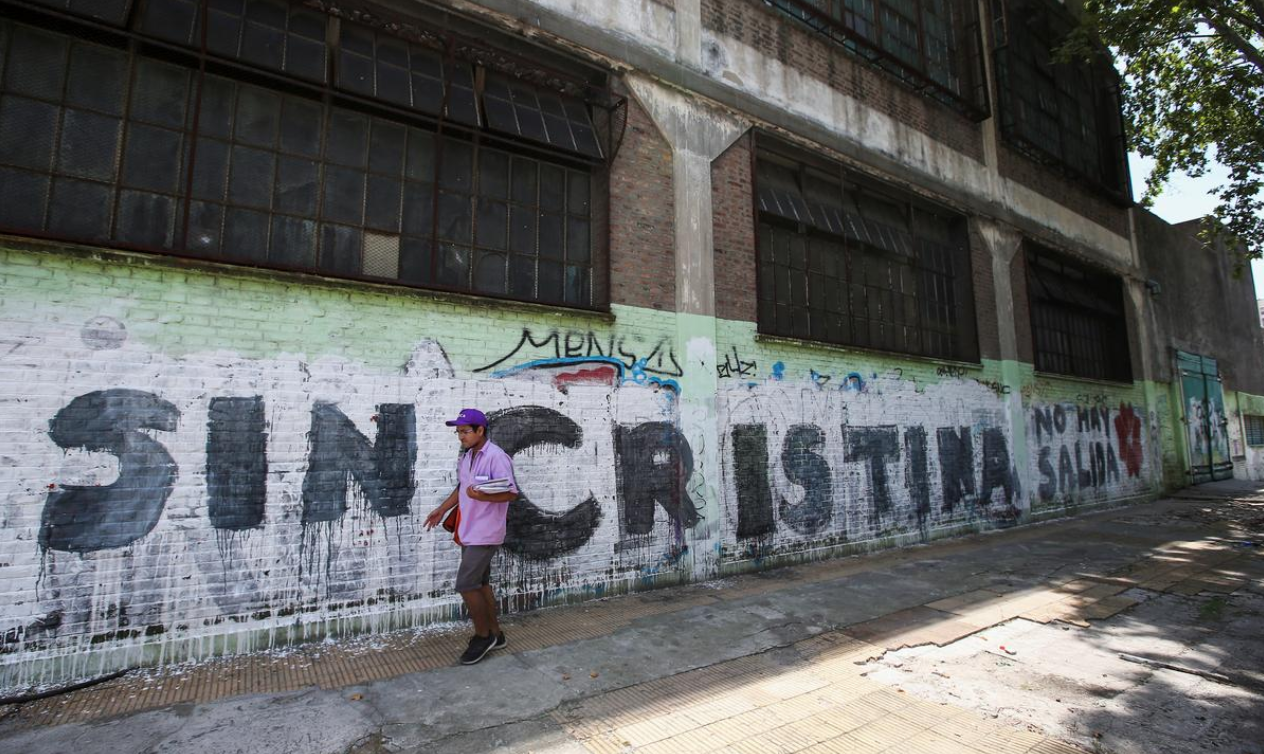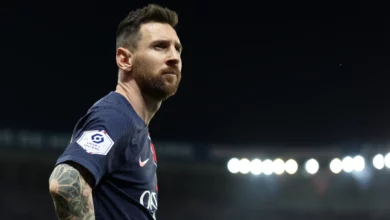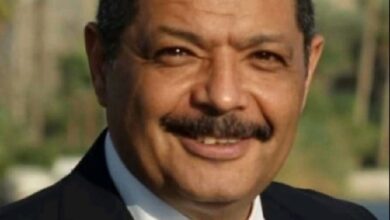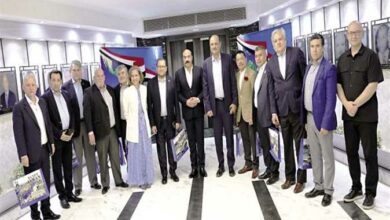
BUENOS AIRES (Reuters) – Argentina’s former president, Cristina Fernandez de Kirchner, is trying to win over rivals as she plots a political comeback to take on incumbent Mauricio Macri and his IMF-backed economic reforms in elections later this year. It’s not proving easy.
The left-leaning populist politician still commands a powerful support base but remains a divisive figure within the Peronist movement that has been Argentina’s dominant political force since the 1940s. In the past few weeks, her advisers have been meeting rival leaders among the ideologically diverse factions that make up the movement.
The meetings, which could ultimately be fruitless, have been with more moderate Peronists who could help Fernandez widen her support base.
The response to her outreach has been mostly lukewarm or outright rejection, according Peronist leaders and aides interviewed by Reuters, raising a question mark over her ability to mount a challenge to Macri, a center-right former businessman.
“The people are angry with the current government,” said José Luis Gioja, a lawmaker who presides over the formal Peronist Party and supports Fernandez. However, “achieving unity is tough,” he told Reuters.
The former president has had more luck attracting support on a regional level from local mayors and governors, hoping to ride her popular support in their own elections. But at a national level, rivals have distanced themselves from Fernandez, in part because of internal power disputes and memories of her confrontational style of governing.
Fernandez intends to run in the election, sources told Reuters in February, although she has yet to declare herself officially a candidate. Her comeback could be good news for Macri, helping to divide the opposition into rival camps.
If she runs, Fernandez’s support for generous social welfare subsidies and protectionist economic policies will be pitched against Macri’s push for smaller government, subsidy cuts, and the continuation of a $56.3 billion financing deal agreed with the International Monetary Fund.
Investors fret that Fernandez, whose policies crimped economic growth in the latter part of her 2007-2015 tenure, could undo some of Macri’s business-friendly initiatives that have attracted new investment into Latin America’s third-biggest economy.
Political Horse Trading
Fernandez’s lieutenants have held talks with members of a more moderate breakaway wing of the powerful Peronist movement, led by former cabinet chief Alberto Fernández, three sources in the Cristina Fernandez camp said.
The negotiations included horse trading of national and regional posts in the event Cristina Fernandez won the election, a source from the former president’s Citizen’s Unity Party said. Alberto Fernández did not respond to requests for comment.
Many factions, however, have already ruled out a tie-up with Fernandez, although one faction – that of former presidential hopeful Sergio Massa – has indicated it is open to working with her.
“If it looks as if they can come together and beat Macri then I would not rule out an alliance with Cristina’s wing,” a representative for Massa told Reuters.
Fernandez has also spoken with Eduardo Duhalde, a key Peronist elder, after years of political enmity over control of the Peronist party, two sources said. The two have spoken by phone a number of times to discuss bringing the party together.
Duhalde, however, has sought to persuade Fernandez to back another Peronist candidate, former economy minister Roberto Lavagna, who is expected to announce his candidacy for the presidency later in the year.
Lavagna is popular among many union leaders and politicians from Peronist and socialist parties.
“What Duhalde was proposing was that Cristina provide her political firepower to support Lavagna as a candidate,” said a spokesman for Fernandez. “I find that hard to see right now,” he added, pointing to Lavagna’s current low standing in the polls.
An adviser to Lavagna said a tie-up with Fernandez appeared highly unlikely. “I assume that Cristina will be a candidate, so that basically ends the discussion.”
Argentina’s tough choice
Fernandez, part of a political dynasty with her late husband and former President Nestor Kirchner, has major political clout no other Peronist candidates can currently claim.
But Fernandez is facing court cases over allegations ranging from corruption to treason over a political cover-up linked to a deadly bombing attack in the 1990s. She denies the charges and currently has immunity from arrest.
She and Macri both command around a third of the electorate, though both fare badly in overall popularity polls. Political analysts say if she ran she would struggle to win over moderates.
Under Argentina’s electoral system, if no presidential candidate has 45 percent of the ballot – or 40 percent and a 10 point lead – the top two go head-to-head in a second round.
“Other (Peronist) candidates actually have a better chance of winning the final race, but the issue is they have less chance of getting on the ballot,” said Argentina-based political analyst Mariel Fornoni at consultancy Management & Fit.
Some recent polls showed for the first time that Fernandez could beat Macri in a ballot.
Reporting by Nicolas Misculin; Editing by Adam Jourdan and Ross Colvin
Photo: A pedestrian walks past graffiti that reads “there’s no way out without Cristina (Fernandez de Kirchner)”, in Buenos Aires, Argentina, February 8, 2019. Picture taken February 8, 2019. REUTERS/Agustin Marcarian




